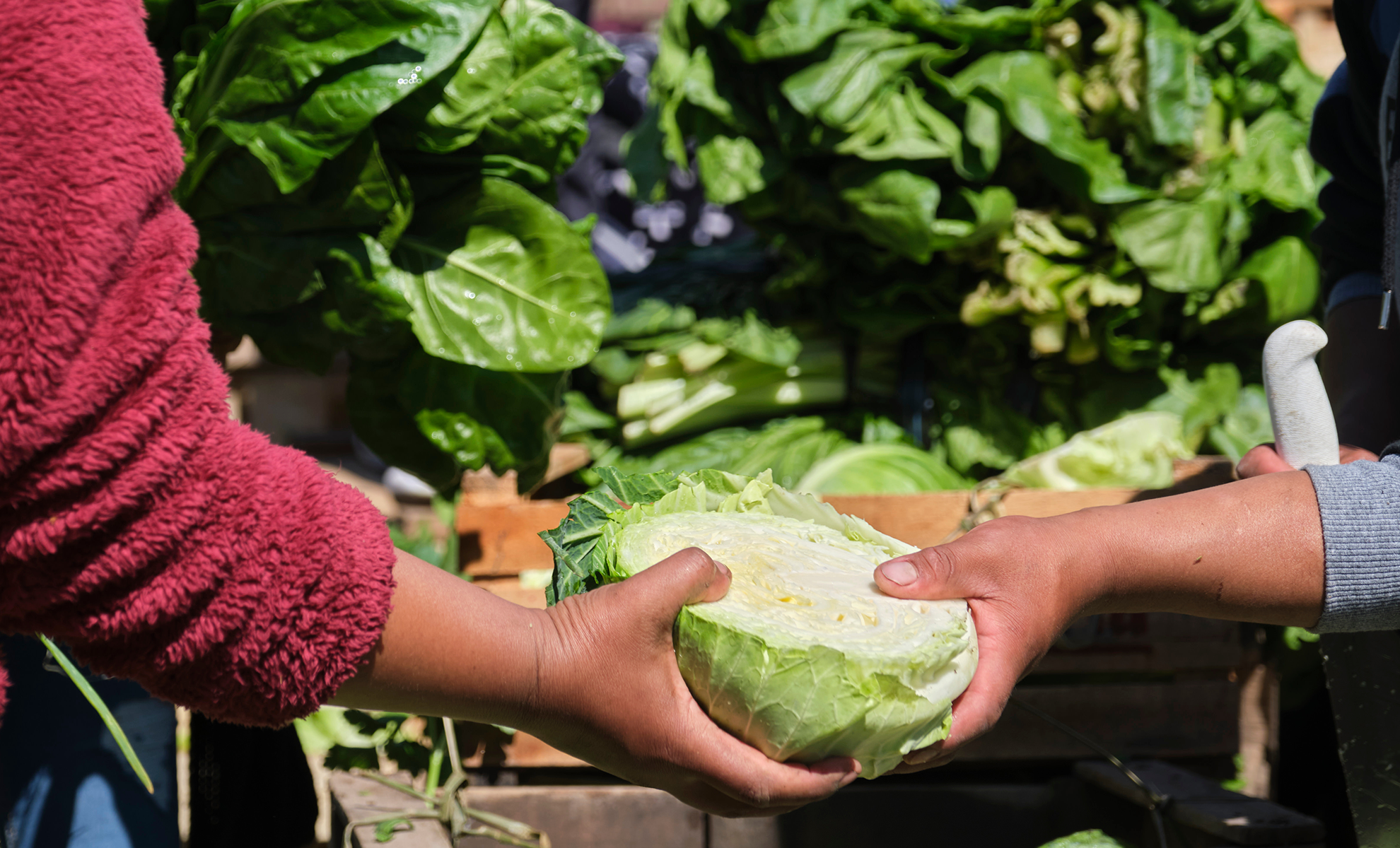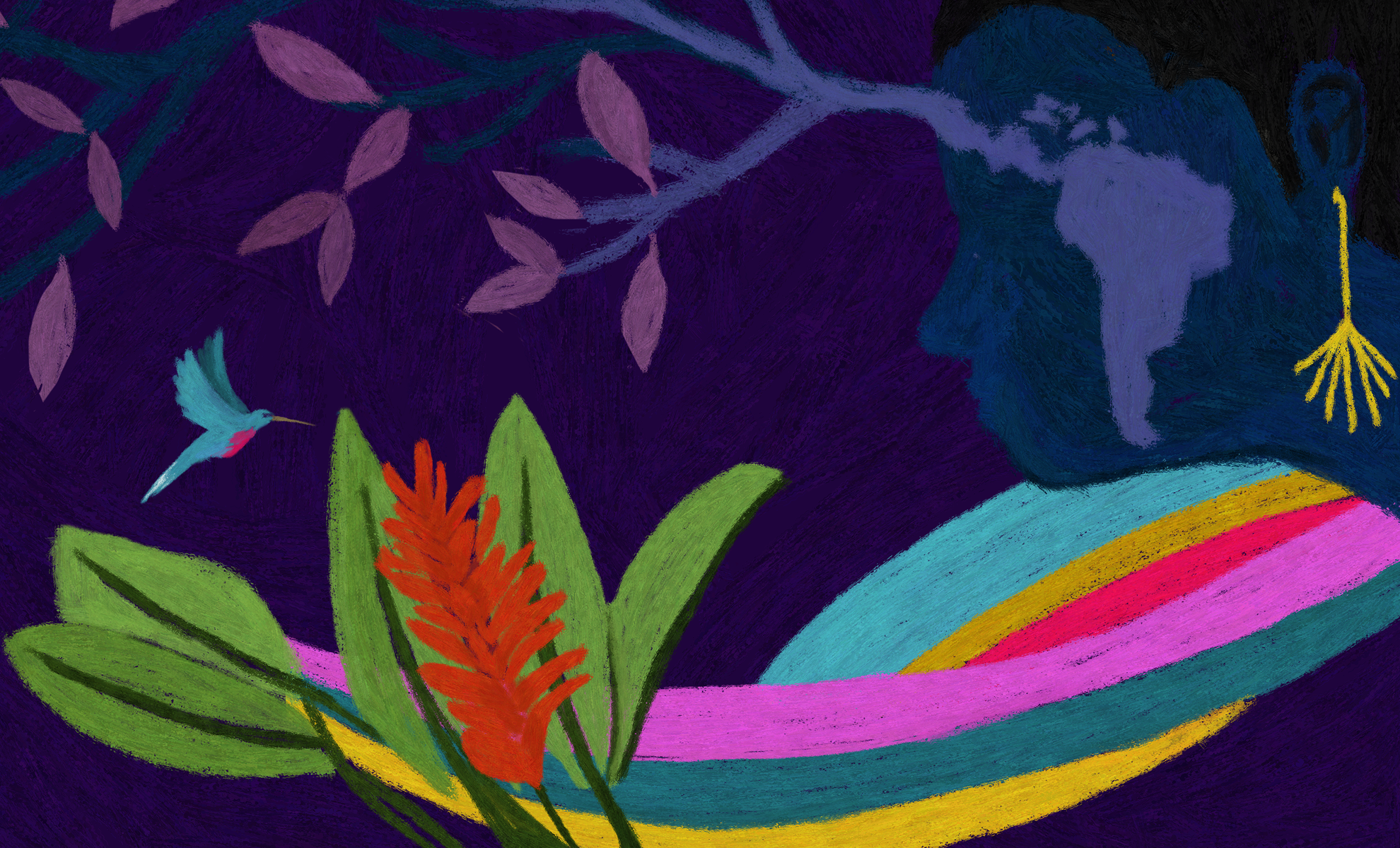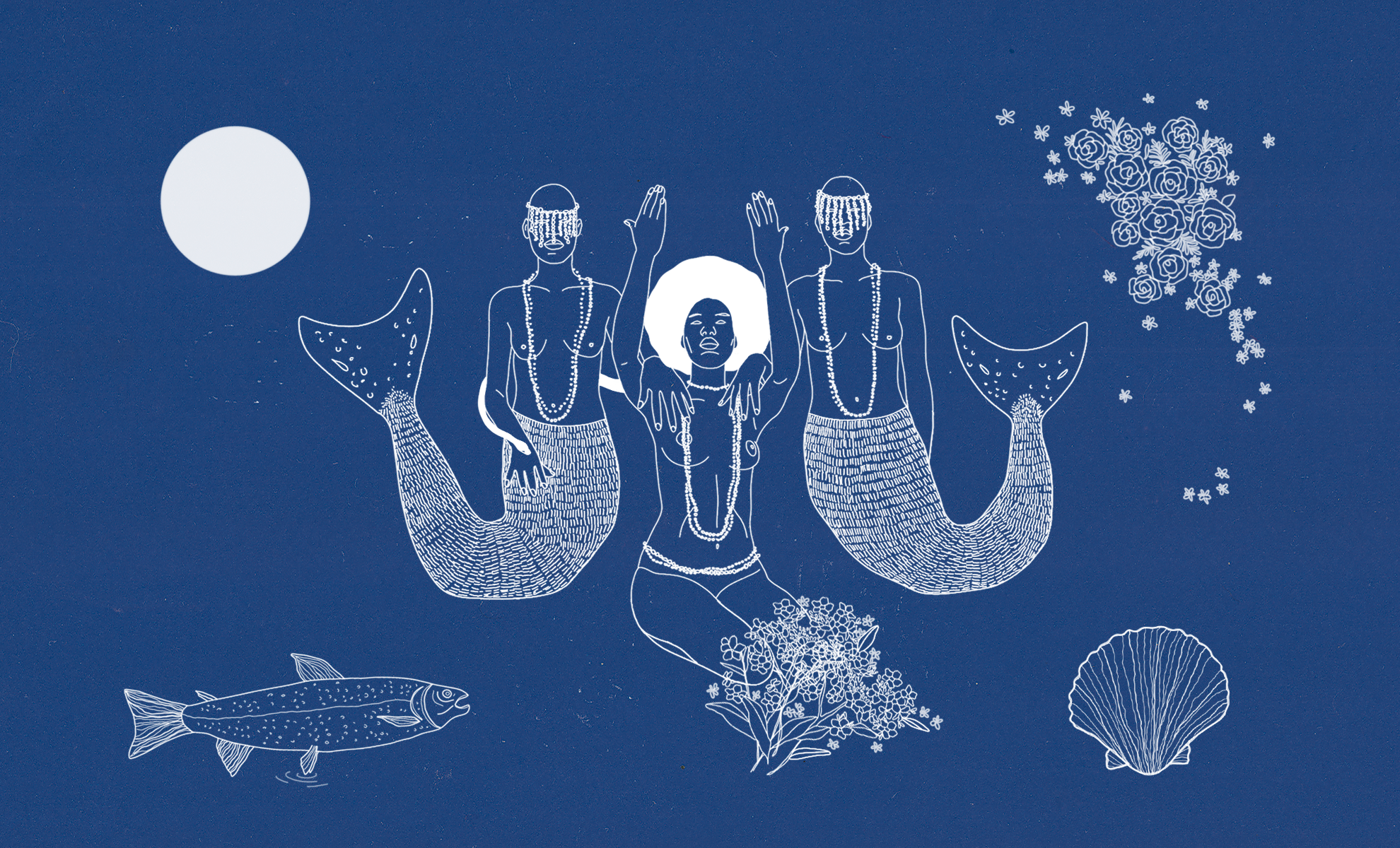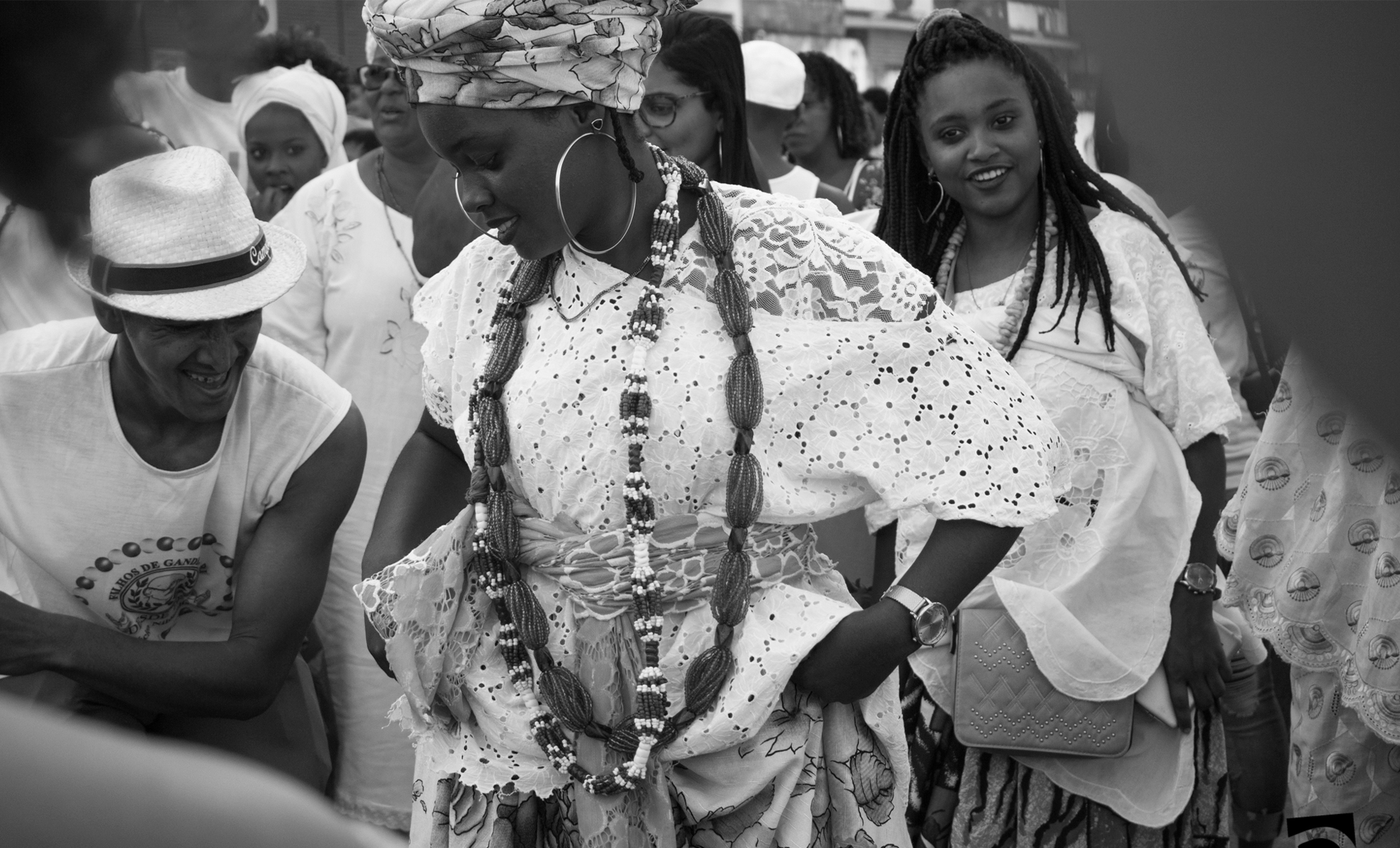



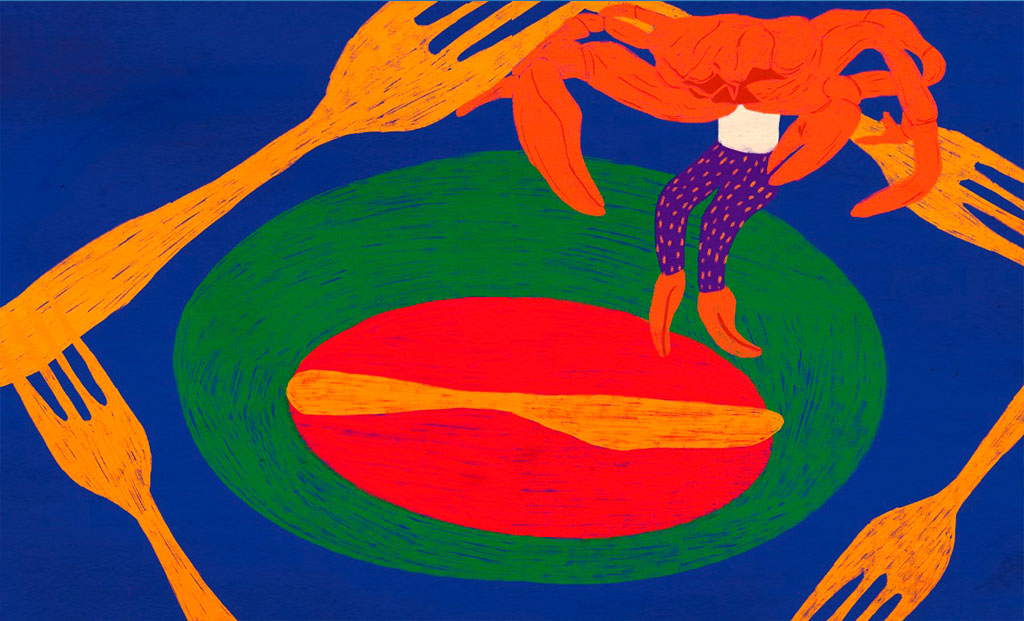
“Hunger is the biological expression of sociological evils”. This phrase by Josué de Castro succinctly yet powerfully affirms the social forces responsible for hunger, calling for the denaturalization of inequality.
Historically associated with the aftermath of wars or natural disasters, the genealogy of hunger-combat thinking found a pioneering chapter in the work of this physician, nutritionist, professor, geographer, social scientist, politician, writer, and activist. The phenomenon of hunger came to Josué de Castro’s attention in the mangroves of the Capibaribe River and in low-income neighborhoods of Recife. In meeting the people who lived there, Castro drew parallels between their lives and those of the mangrove crabs — living in the mud, surviving on crab broth — shedding light on the misery and struggle for survival in the face of hunger. This and other experiences around the world led him to write Geography of Hunger (1964). In the book, Castro categorizes hunger using three pairs: individual or collective; endemic or epidemic; partial (hidden) or total. He focuses on understanding “not only total hunger, true starvation (…), but also the phenomenon (…) of partial hunger, the so-called hidden hunger, in which, due to the permanent lack of certain nutrients, (…) entire population groups slowly starve to death, even though they eat every day”.
As a pioneer of Brazilian social thought in addressing food issues through an integrated and multidimensional lens, Josué de Castro’s legacy inspired the creation of the Josué de Castro Chair of Food Systems. Launched in 2021, this initiative — led by the School of Public Health at the University of São Paulo and supported by Instituto Ibirapitanga — seeks to foster reflection and knowledge production aimed at transforming food systems. The Chair is an innovative and assertive initiative, an interdisciplinary space that brings together diverse actors to address the economic, social, cultural, legal, environmental, political, and health dimensions of food systems, along with their legal, institutional, and governance frameworks.
Beyond the academic field, Josué de Castro’s thought also inspired the Manguebeat music movement. Born in Recife and led by figures like Chico Science, the movement’s lyrics were strongly influenced by Castro’s ideas. The 1992 manifesto Crabs with Brains, written by Fred Zero Quatro of the band Mundo Livre S/A, directly references Castro. It blends immersion in the misery and chaos of “Manguetown” with the ecological richness of mangroves. “Mangueboys” and “Manguegirls” emerge as central characters — agents operating on the “terrain of altered and expanded consciousness”. Through Manguebeat, we can see how Josué de Castro and Recife’s expanded cultural imagination serve as engines for a critical and political reflection born from observing misery and hunger.
Continuing in the music realm, Elza Soares also spoke of her personal experience with hunger early in her career. A black woman from the Moça Bonita favela (now Vila Vintém) in Rio de Janeiro, she grew up in extreme poverty with ten siblings, endured domestic and sexual violence, and was forced to marry her abuser at the age of 12. Despite her hardships, Elza Soares became one of Brazil’s most iconic singers, recognized internationally. Early in her career, when asked by radio host Ary Barroso in 1953 which planet she came from, she famously replied: “From the same planet as you, Mr. Ary. The planet Hunger (planeta Fome in Brazilian Portuguese)”. In her response, Barroso represented those who do not experience hunger but nonetheless inhabit the same planet. In 2019, she revisited that moment by naming her album Planeta Fome, offering a lucid political statement of resistance in the face of Brazil’s institutional and social crises. In a 2020 interview with G1, Elza stated: “I came from the planet Hunger and I’m still on the planet Hunger. This is an unequal country. It’s horrible. That’s the life we live”.
Brazilian literature has also followed the path of artistic expression on hunger. One iconic example is the novel Vidas Secas (Barren Lives, 1938) by Graciliano Ramos. Written in a style marked by short, impactful sentences, the novel presents a unique aesthetic approach to misery and hunger. While best known for portraying drought and deprivation, the book also highlights the rainy season and addresses issues of land inequality and monopolization, framing hunger and poverty as political and social phenomena.
“The color of hunger is yellow”. This sentence by Carolina Maria de Jesus — one of Brazil’s most important writers — evokes a sensory experience of hunger that transcends the mere feeling of an empty stomach. In her first-person narrative Quarto de Despejo (The Trash Room, 1960), Carolina shares her daily life, political reflections, and experiences of hunger while living with her children as a waste picker in the Canindé favela in São Paulo. Her book is filled with vivid descriptions of hunger, as well as sharp accusations: “Those who invented hunger are the ones who eat”.
In poetry, Solano Trindade cried out: “There are people who are hungry”. A Black man, Trindade was a poet, folklorist, painter, actor, playwright, filmmaker, and militant in both the Black movement and the Communist Party. His journey spanned Recife, Rio de Janeiro, São Paulo, and Embu das Artes. The phrase “There are people who are hungry”, repeated like the rhythm of a train in his poem, inspires the name and message of an ongoing campaign to address hunger led by the Black Coalition for Rights and other civil society initiatives. Trindade also denounced authoritarianism as a political force that both produces hunger and silences its expression, writing: “If there are people who are hungry / feed them / but the air brake / completely authoritarian / orders the train to be silent”. In a time marked by authoritarian political practices, revisiting Trindade’s fearless stance on hunger is more relevant than ever.
More recently, a powerful new literary voice on hunger has emerged in Helena Silvestre, an Afro-Indigenous feminist, editor of Revista Amazonas, and member of the Luta Popular movement. Raised in villages and quilombos on the outskirts of São Paulo, Silvestre’s 2019 book Notes on Hunger contributes as a modern echo of Josué de Castro’s legacy. “I wrote about scarcity created as a curse and about the wars of those who, even hungry, seek the sun and breathe in the mud like the stubborn mangrove crabs”, she writes. In this work of autofiction, Silvestre recounts personal experiences of hunger, reflects on Brazil’s political structure, and highlights Black and women’s movements as agents of transformation.
Visual arts have also joined the denunciation of hunger through powerful imagery. A partnership between the There Are People Who Are Hungry campaign and the Activist Design platform invited artists and designers to create provocative images to promote the cause. The result was a striking visual collection that adds new critical perspectives to the reality of hunger in Brazil.
In a country that once built a globally recognized experience in combating hunger, it is essential to return to foundational ideas that worked to denaturalize it. “Brazil is hungry for ethics and suffers hunger because of a lack of ethics in politics”, said sociologist Betinho. Starting from such fundamental insights, a broad network of movements and public policies was developed, such as the Citizenship Action Against Hunger, Poverty and for Life campaign, which he founded.
By breaking the silence around hunger and stripping it of its supposed normality, the contributions of academia, the arts, and social movements have created a legacy that continues to inspire transformative initiatives. Through a circular movement of remembrance and new expression, individuals from various perspectives and communities offer intellectual nourishment in today’s and tomorrow’s resistance against the politics of hunger.






